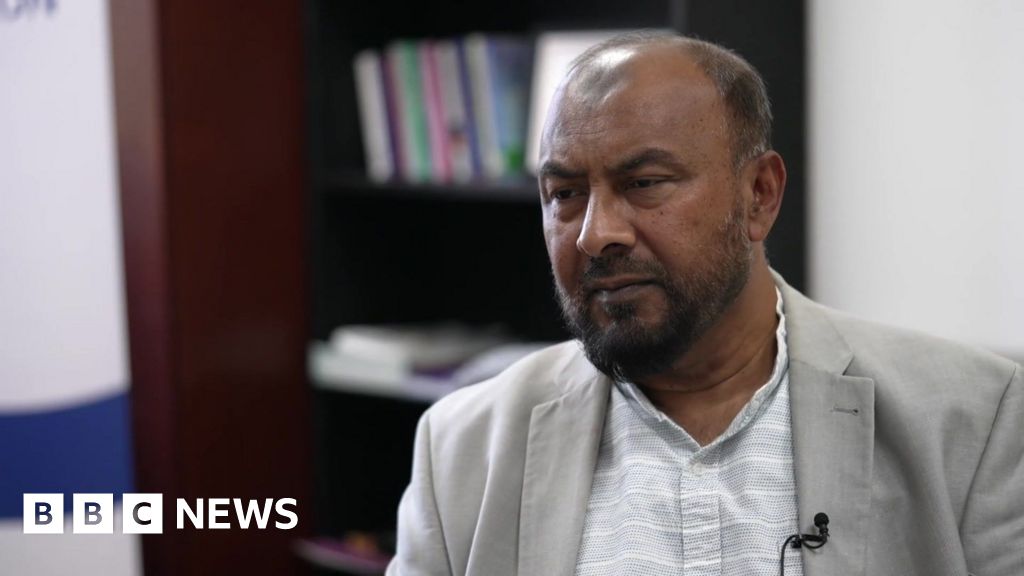
"The actions of the bombers, all British Muslims, affected Muslim communities - both immediately and in the long term. Dilowar Khan, then an executive director at East London Mosque, described 'a very tense time for all of us'. He said the community felt anti-Muslim hatred, with women in particular afraid to leave their homes; that the mosque received 'a number of bomb threats', and its windows were smashed."
"Mr Khan said many Muslims in the community faced increased scrutiny, suspicion and hostility. 'Shortly after the incident, we received a couple of bomb threats,' he said. 'I remember it was two Fridays actually. Friday is the busiest day for the mosque and so we had to call the police.'"
"Shahmina, a pharmacist, was just a teenager when the bombings took place. 'I was 13. And all of a sudden I started feeling quite alienated,' she said. 'Suddenly my faith felt like something that could be attacked. We felt afraid to openly be Muslim.'"
The 2005 London bombings had devastating effects on Muslim communities, leading to widespread fear and hostility. Dilowar Khan recounted extensive anti-Muslim sentiment after the attacks, with bomb threats to mosques and intimidation of Muslim women in public. Many individuals felt unsafe, avoided certain areas, and experienced increased scrutiny. Shahmina expressed feelings of alienation and a newfound fear surrounding her faith, highlighting a broader sense of isolation among Muslims in the aftermath of the bombings.
Read at www.bbc.com
Unable to calculate read time
Collection
[
|
...
]